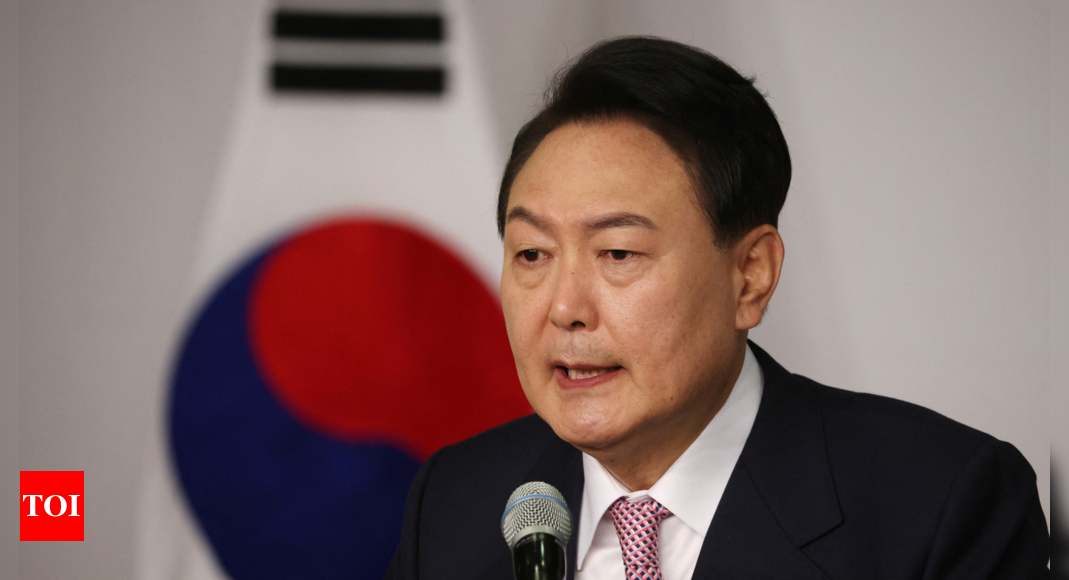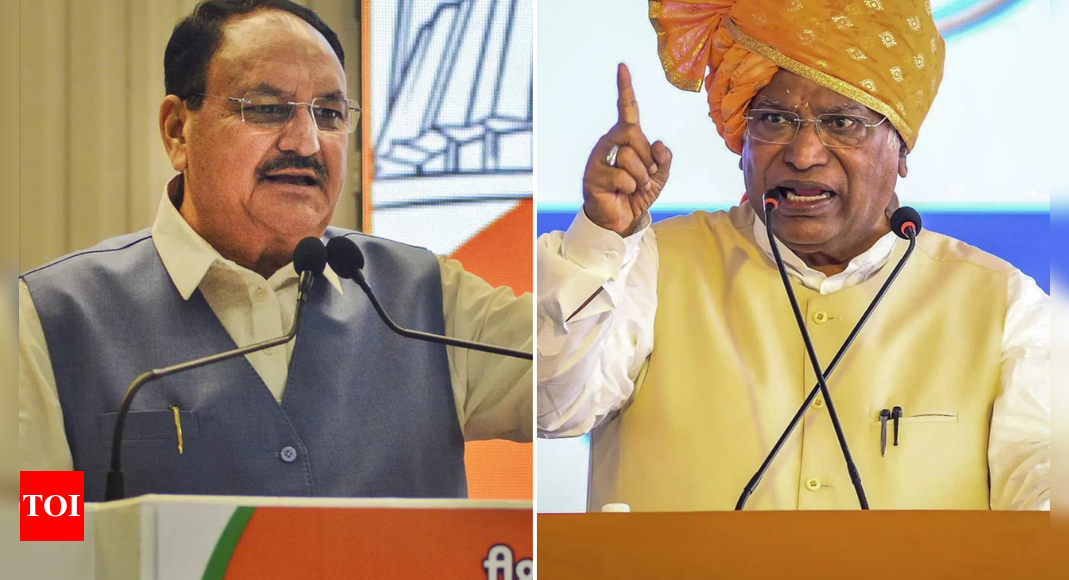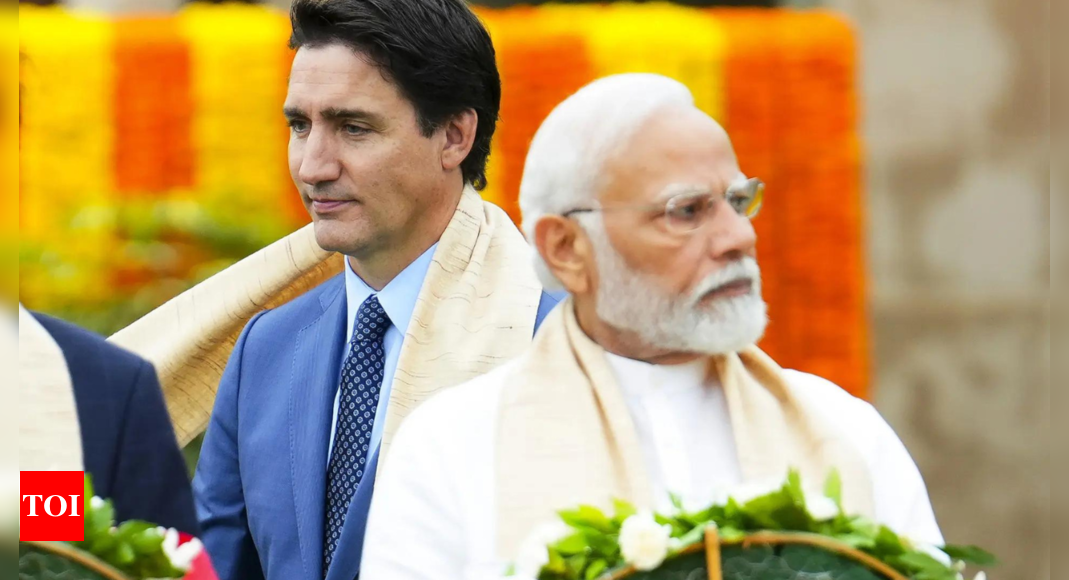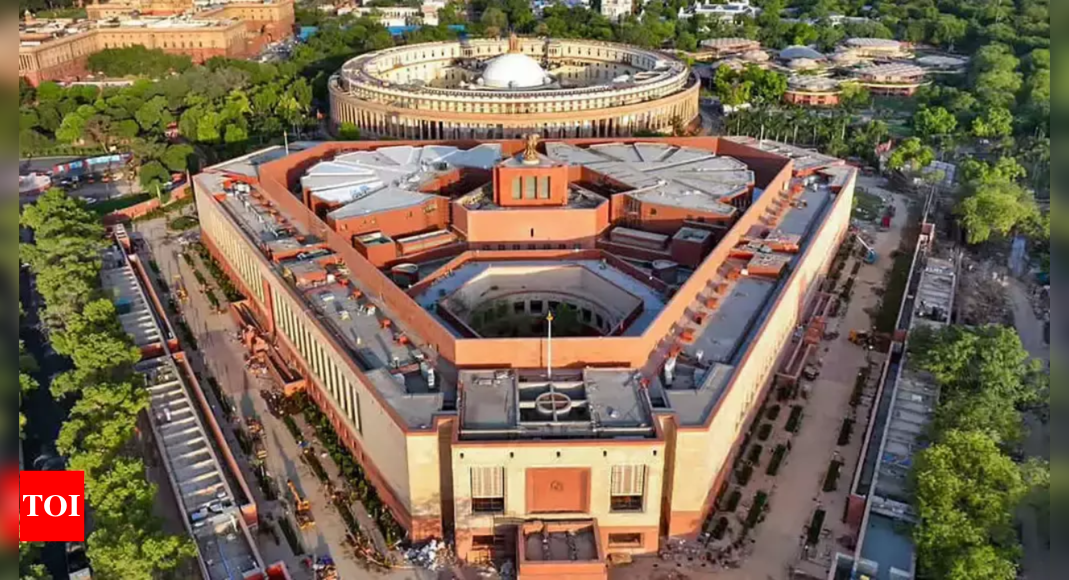
South Korean President Yoon Suk Yeol has demanded a thorough investigation into digital sex crimes following media reports that sexually explicit deepfake images and videos of South Korean women are frequently being shared in Telegram chatrooms. According to Reuters, the issue caused widespread anger, with the president criticising the misuse of technology.
“This is an exploitation of technology while relying on the protection of anonymity.It’s a clear criminal act,” President Yoon said during a televised cabinet meeting on Tuesday. While the president did not directly mention Telegram, his comments come as the app faces increased criticism following the arrest of its founder, Pavel Durov, over the weekend. Durov was detained in France as part of an investigation into child pornography, drug trafficking, and fraud conducted through the encrypted messaging app.
The country’s state media regulator, Korea Communications Standards Commission (KCSC), is set to convene a meeting on Wednesday to discuss new measures to counter the rising threat of deepfake crimes. This follows reports that deepfakes of female students and military personnel have been circulating in Telegram chatrooms.
The issue has escalated rapidly in South Korea, with police reporting a surge in cases of online deepfake sex crimes. In the first seven months of this year alone, 297 cases were recorded, up from 180 last year and nearly double the figures seen in 2021 when data collection on this crime first began. According to authorities, majority of suspects in these cases are teenagers and individuals in their twenties.
One report by the ‘Hankyoreh’ newspaper that gained significant attention showed how deepfakes of female university, high school, and middle school students were being shared in certain Telegram channels. This pushed the Korean Teachers and Education Workers Union to call on the education ministry to investigate these reports, saying that students have already been victims of these crimes.
Sexually explicit deepfakes targeting female military personnel have also been uncovered in Telegram chatrooms, according to the Military Sexual Abuse Victim Support Center, which provides assistance to victims of military-related sexual abuse.
Telegram’s reputation in South Korea has been tarnished for years, particularly after an online sexual blackmail ring was discovered to be operating within its chatrooms. In 2020, the leader of the ring, Cho Ju-bin, was sentenced to 40 years in prison for blackmailing at least 74 women, including 16 minors, into providing degrading and violent sexual content.
Under South Korea’s Sexual Violence Prevention and Victims Protection Act, creating and distributing sexually explicit deepfakes can result in up to five years in prison or a fine of 50 million won ($37,500).
“This is an exploitation of technology while relying on the protection of anonymity.It’s a clear criminal act,” President Yoon said during a televised cabinet meeting on Tuesday. While the president did not directly mention Telegram, his comments come as the app faces increased criticism following the arrest of its founder, Pavel Durov, over the weekend. Durov was detained in France as part of an investigation into child pornography, drug trafficking, and fraud conducted through the encrypted messaging app.
The country’s state media regulator, Korea Communications Standards Commission (KCSC), is set to convene a meeting on Wednesday to discuss new measures to counter the rising threat of deepfake crimes. This follows reports that deepfakes of female students and military personnel have been circulating in Telegram chatrooms.
The issue has escalated rapidly in South Korea, with police reporting a surge in cases of online deepfake sex crimes. In the first seven months of this year alone, 297 cases were recorded, up from 180 last year and nearly double the figures seen in 2021 when data collection on this crime first began. According to authorities, majority of suspects in these cases are teenagers and individuals in their twenties.
One report by the ‘Hankyoreh’ newspaper that gained significant attention showed how deepfakes of female university, high school, and middle school students were being shared in certain Telegram channels. This pushed the Korean Teachers and Education Workers Union to call on the education ministry to investigate these reports, saying that students have already been victims of these crimes.
Sexually explicit deepfakes targeting female military personnel have also been uncovered in Telegram chatrooms, according to the Military Sexual Abuse Victim Support Center, which provides assistance to victims of military-related sexual abuse.
Telegram’s reputation in South Korea has been tarnished for years, particularly after an online sexual blackmail ring was discovered to be operating within its chatrooms. In 2020, the leader of the ring, Cho Ju-bin, was sentenced to 40 years in prison for blackmailing at least 74 women, including 16 minors, into providing degrading and violent sexual content.
Under South Korea’s Sexual Violence Prevention and Victims Protection Act, creating and distributing sexually explicit deepfakes can result in up to five years in prison or a fine of 50 million won ($37,500).









